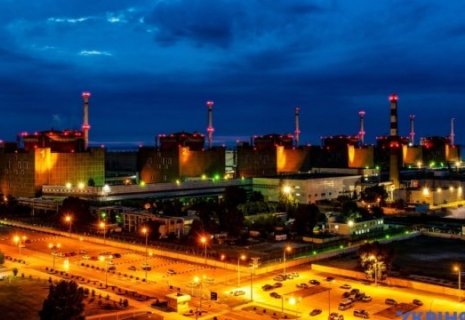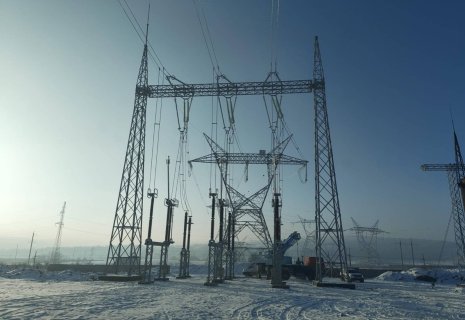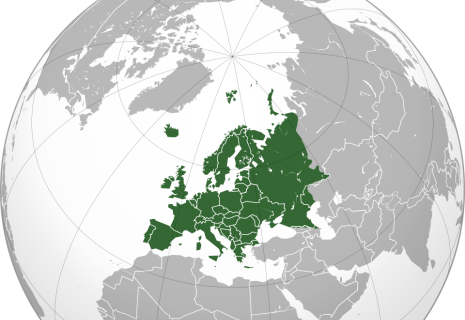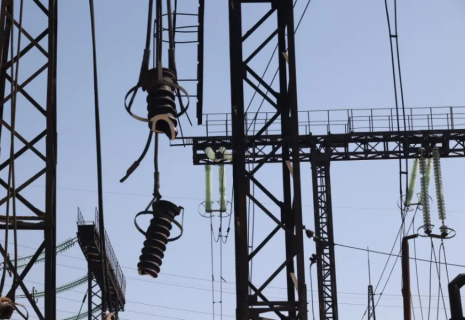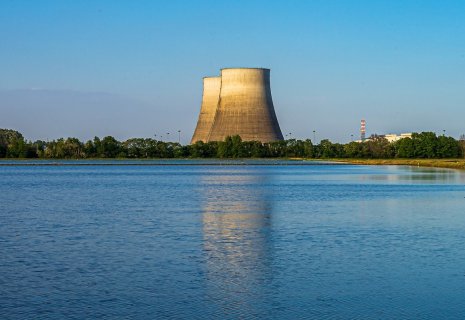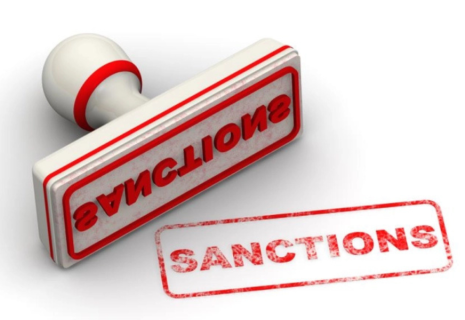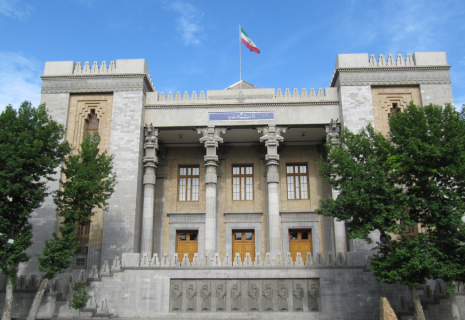
Romania Supports Moldova Amid Winter Energy Crisis
Romania has pledged its support to the Republic of Moldova as it faces energy challenges this winter. The Moldovan government declared a state of emergency starting December 16, 2024, due to risks linked to energy supply disruptions, CE Report quotes Agerpres
Romania’s Ministry of Energy confirmed its readiness to assist Moldova during this critical period. "We remain in close contact with our brothers across the Prut River. While safeguarding our national energy system is the priority, we are confident in our ability to support Chisinau through this winter, as we have in the past," said Energy Minister Sebastian Burduja.
Burduja emphasized Romania's role as a reliable partner, highlighting the importance of collaboration between the governments and energy companies of both nations to ensure energy security and citizen comfort. He added, "With Romania's support and that of the EU, Moldova will not have to rely on Russia to navigate this crisis."
Romania is working to enhance electricity and natural gas supplies to Moldova. Companies such as Nuclearelectrica and Hidroelectrica are coordinating with Energocom to increase electricity exports. Current import capacity stands at 315 MW, with an additional 80 MW expected shortly.
Natural gas reserves in Romania’s Depogaz storage facilities are also being considered for priority extraction if supplies to Moldova’s Transnistrian region are disrupted. Furthermore, technical and commercial collaboration between Romanian and Moldovan operators is being intensified to address capacity allocation and operational challenges.
If Moldova's Cuciurgan MGRES power plant cannot provide energy to the right bank of the Dniester, Romania, along with European partners, is prepared to help cover an estimated 600 MW shortfall. Efforts include immediate solutions and medium-term measures such as new energy production units and modernization of Chisinau’s heating systems.
Romania reaffirms its commitment to Moldova's energy stability, ensuring that no region is left vulnerable during the harsh winter months.

